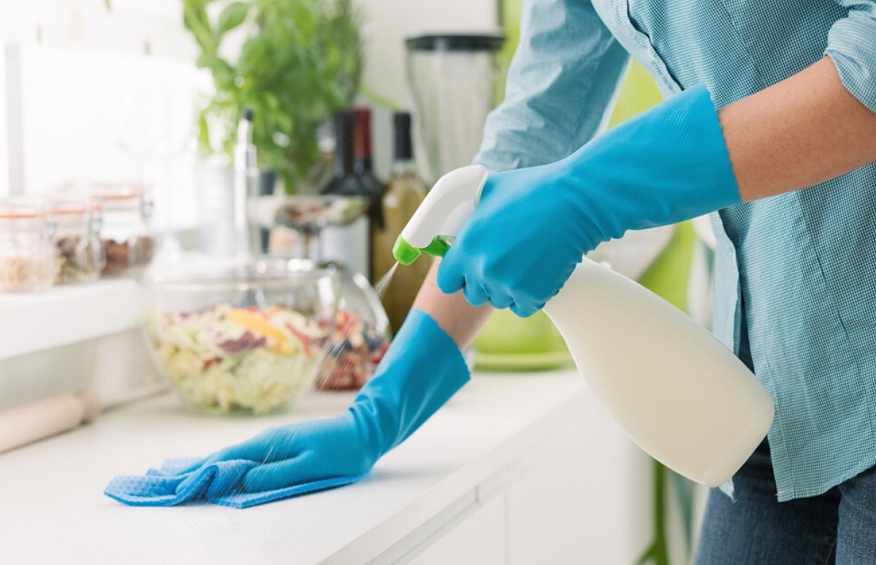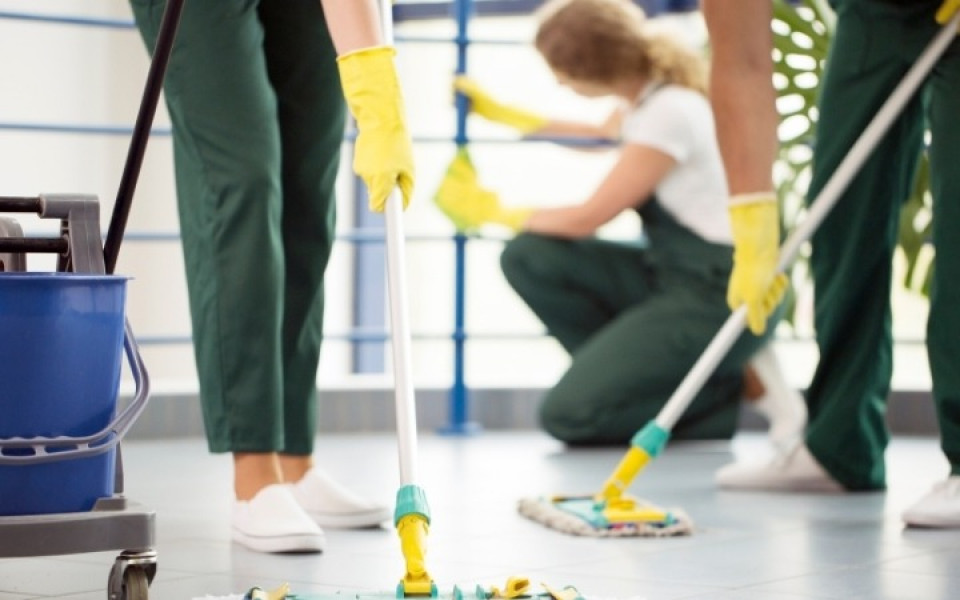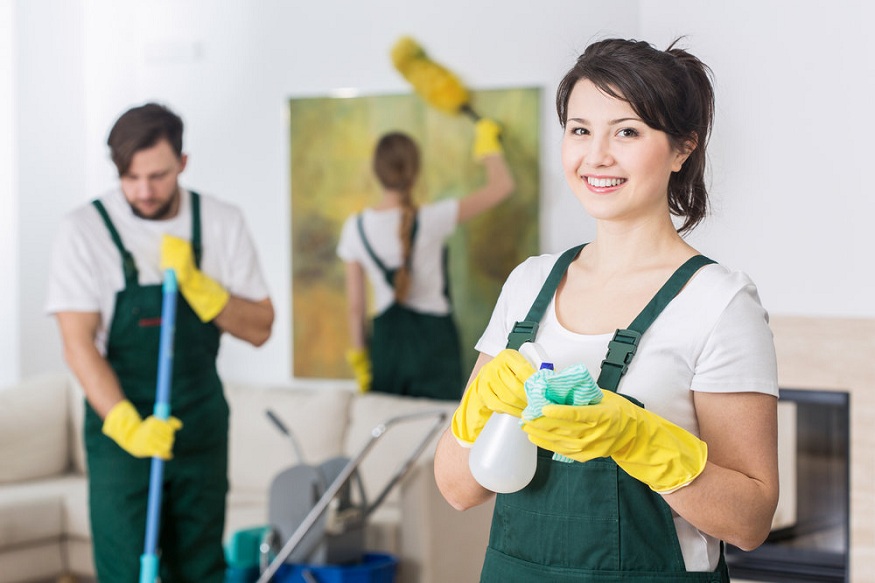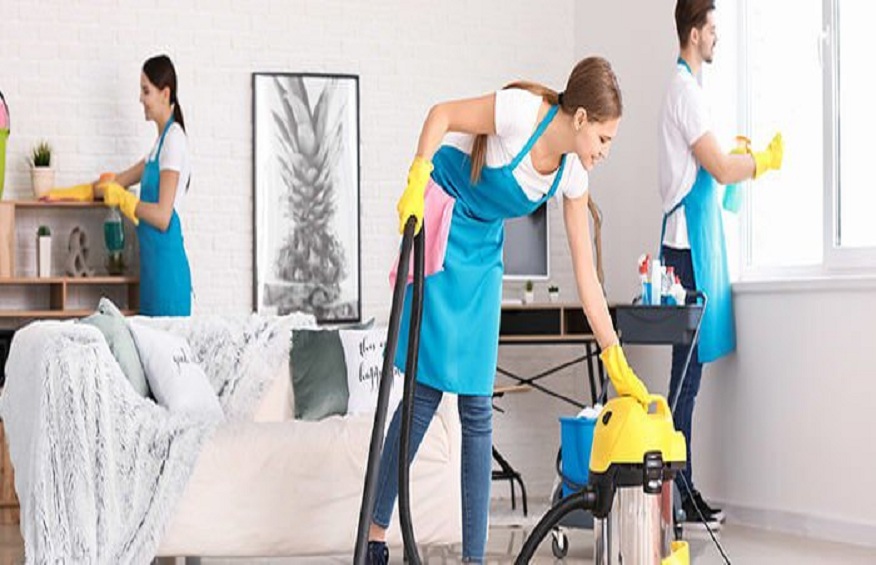In times of pandemic, you necessarily think about cleaning, even disinfection. You go out shopping, you go to post an urgent letter, you go to the pharmacy, you take out the trash cans… Without falling into psychosis, every contact with the outside world counts when you return home, to your loved ones.
And there, what is the protocol to follow ? The cleaning protocol that professionals already follow in normal times, for office cleaning and cleaning of premises. Here are their tips for keeping a healthy space in just a few steps.
Apply the gestures of the office cleaning protocol at home
In itself, this is already a good hygiene measure to be observed at any time of the year: ensure basic but regular disinfection of work equipment and collective everyday objects.
Where, in offices, the cleaner passes over keyboards, screens, desks, office chairs, etc., at home it will be the equipment you use most frequently, such as remote controls, gamepads , touch screens and conventional screens. Or from your personal office if you live in regular telecommuting.
Professional advice for cleaning your screens and keyboards, by Caroline Le Guérinel : “wipe a cloth slightly moistened with household alcohol, which disinfects all surfaces well. Prefer household alcohol, which evaporates faster than other products and leaves no traces. »
Finally, for the hygiene of professional premises as well as a work environment at home, it is advisable to maintain good maintenance of surfaces with regular sweeping, vacuuming of floors and carpets, without forgetting the obvious washing of hands.
Emphasize contact areas
The key point in cleaning professional premises: ensuring the disinfection of all contact points in the company. That is to say all the areas on which all the employees (or the occupants of the house) will regularly place their finger or hand. It is these mechanical gestures that we make without even realizing it that actually raise the most questions of hygiene…
These touch points include doorknobs, window openings, light switches, telephone handsets, countertops, faucet knobs, sink sills, etc.
To follow a cleaning protocol worthy of a professional, you must therefore think of all these small areas where all the bacteria are concentrated.
In spaces such as nurseries, kindergartens, or health-related establishments, these are areas that cleaning professionals can go over several times a day.
Caroline Le Guérinel’s advice : “these are areas to keep clean, within reason. It can be counterproductive to frantically clean everything. »
Contact point cleaning protocol
The protocol for toilets and cleanliness areas
Washbasins, sinks, toilets and bathrooms: these spaces have their own cleaning protocol. Professionals also have advice to give you for effective cleaning that does not waste your time.
We avoid: bar soaps in the toilets and in the kitchen, the best way to agglutinate bacteria.
Again, it is important to keep these areas clean with regular cleaning, without insisting on disinfection.
Caroline Le Guérinel’s advice : “I always favor natural household products, for the house as well as for cleaning premises. Never use detergents, solvents or bleach, very toxic for the environment and for the body. White vinegar and household alcohol are suitable products, which can ensure the cleaning of all your rooms (dust removal, washing of glass surfaces, cleaning of floors and dirt, etc.)”
Cleaning protocol – natural household products
Don’t forget the cleaning equipment itself!
Even when using gentle, natural, and least harmful household products, it is always better to wear gloves. “No need for a mask, as long as you do not use products that are volatile or emit toxic fumes, which are otherwise not recommended at all. »
The professional’s tip , by Caroline Le Guérinel : “With reusable latex gloves, you do something for the environment and you are sufficiently protected for the use of conventional household products. »
Finally, to guarantee effective cleaning, it is essential to use clean cleaning materials! Remember to wash your rags and wipes directly after use. Prefer, again, a reusable microfiber cloth, to limit your impact on the environment, and which is very easy to wash. ” “.
Any last professional advice for the road? An ideal professional cleaning is a regular cleaning, which maintains cleanliness on all surfaces, without sanitizing them. »
hand washing cleaning protocol
The bad reflex, during this viral episode, would be to want to establish a cleaning plan for your current area of residence worthy of a hospital environment. The repeated use of bactericide, the hunt for germs and the risk of infection is counterproductive. Remember to wash your hands well, insists Caroline Le Guérinel, “you are already doing three quarters of the work”.





